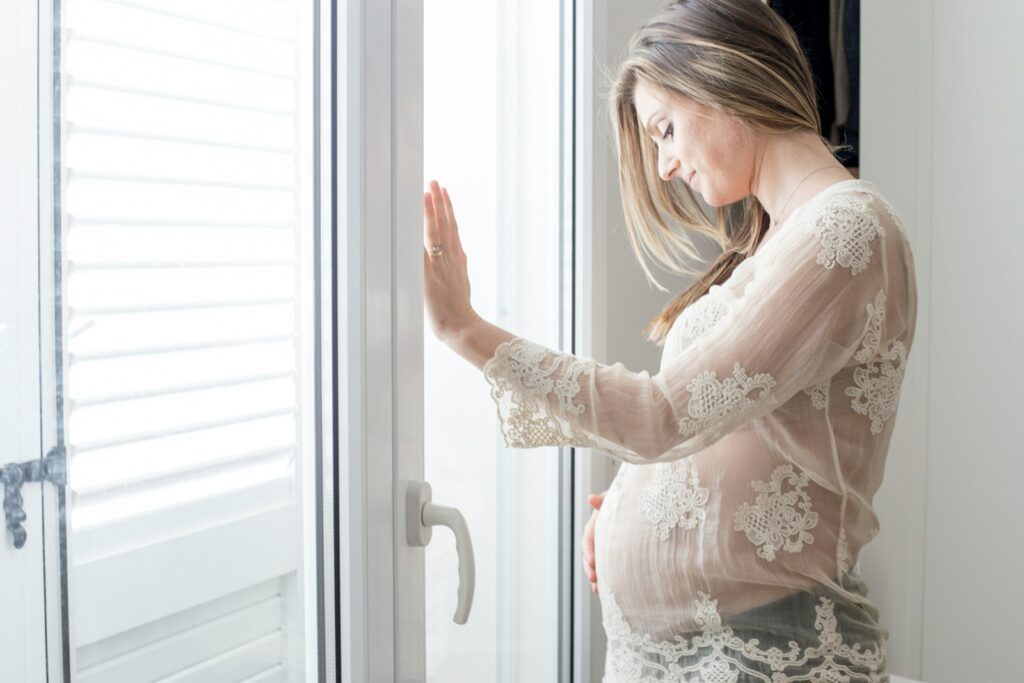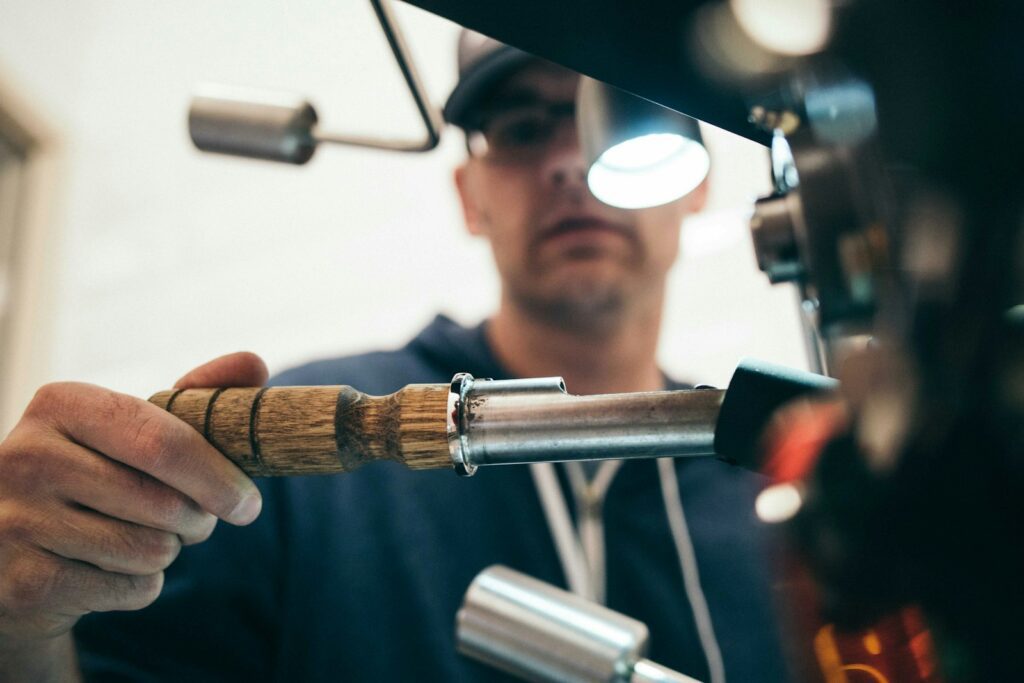You’ve likely bought items with the best intentions, thinking they’ll make life easier or solve a problem. But over time, some of these things end up tucked away, barely touched or never used at all.
Understanding why certain purchases don’t get used can help you avoid clutter and save money. Knowing what tends to sit on shelves can help you make smarter choices for your future buys.
Juicer
You bought a juicer hoping to enjoy fresh juice every day, but it often ends up gathering dust. Juicers can be tricky to clean and take up quite a bit of counter space, which makes daily use less appealing.
Certain fruits and vegetables don’t work well in juicers, so you might get frustrated with wasted produce. Plus, blenders are often easier to clean and more versatile for making smoothies or soups.
If you’re not careful, your juicer can become more of a kitchen hassle than a helpful tool. It’s great in theory but can be less practical in everyday life.
Grout steamer
You bought a grout steamer hoping for quick, chemical-free cleaning. While it can loosen dirt, many people find it harder to use than expected. The process requires careful work and patience, often more than a simple scrub.
Steam can be effective on sealed grout but may damage unsealed or old grout over time. If you don’t maintain your tiles regularly, the results might disappoint.
In the end, your grout steamer may sit unused because manual cleaning or other tools feel easier and just as effective.
Specialized cleaning gadgets
You might have bought that fancy grout steamer or an automatic mop hoping it would save you time. Often, these gadgets promise a lot but end up tucked away because they don’t fit your actual cleaning style.
Robot vacuums are popular, but many lesser-known gadgets don’t live up to their hype. They may require extra effort to set up or maintain, which can make them less useful than expected.
If a gadget feels too complicated or only tackles one small task, it may end up unused. Sometimes, simple tools work better for your everyday cleaning needs.
Drill
You probably bought a drill intending to tackle home projects with ease. It’s great for assembling furniture, hanging shelves, and fixing things around the house.
But if you’re like many people, it might be sitting unused because it feels complicated or you just don’t have many projects to do.
Learning a few basics can help you get comfortable with it. Otherwise, it can easily become one of those tools that collects dust more than it solves problems.
Cookbooks
You probably bought cookbooks to try new recipes or improve your cooking skills. But many end up sitting on the shelf, unused. Online recipes are often quicker to find and try.
Cookbooks can be helpful if you want to explore a specific cuisine deeply. However, they tend to offer broad categories, which might not fit your everyday cooking needs.
If you’re not actively using them, it’s okay to focus on the few favorites that inspire you rather than collecting many. This way, your kitchen stays clutter-free and your cooking stays fun.
Holiday decorations
You might have bought holiday decorations hoping to make your space festive every year. But many of these items end up tucked away, used once or twice, then forgotten.
Seasonal decor can take up a lot of space, and some pieces feel more like clutter than cheerful accents. Limiting yourself to a few versatile items helps keep your home tidy and your holidays simple.
Focus on decorations you truly enjoy and can reuse. This way, your holiday spirit shines without filling closets with unused stuff.














